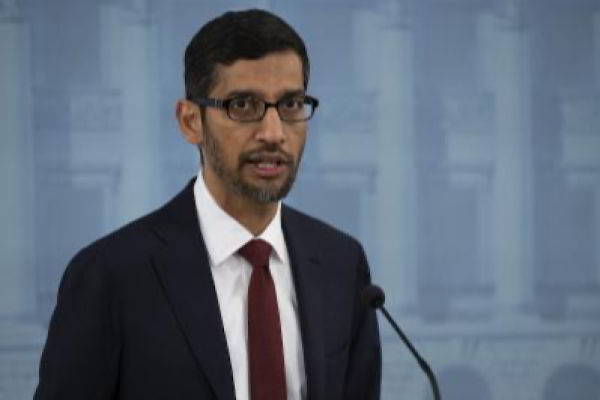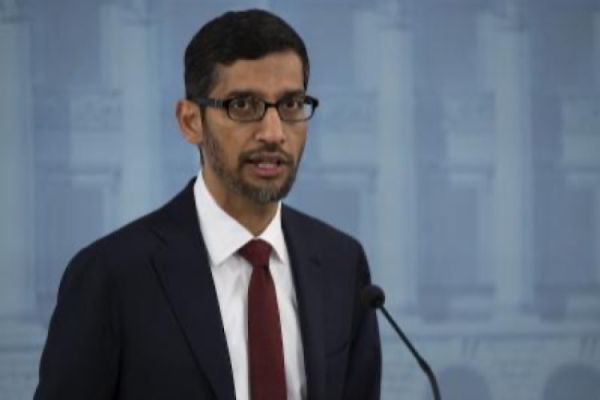
At the UN Summit of the Future in the US, Alphabet and Google CEO Sundar Pichai revealed a $120 million “Global AI Opportunity Fund.”

According to Pichai, the project would spend “one hundred and twenty million dollars to enable AI education and training in local communities worldwide.” In collaboration with NGOs and organizations, we are offering this in the local languages.
At the 79th United Nations General Assembly (UNGA) in New York, global leaders have assembled, including the first-ever “Summit of the Future.”
“Growing up in Chennai, India, with my family, the arrival of each new technology improved our lives in meaningful ways,” Pichai remarked during his speech at the occasion.
“The computer was the piece of technology that most altered my life. Growing up, I didn’t have much access to one. It was incredible to have access to laboratories full of machinery during my time as a PhD student in the United States. I was motivated to seek a job where I could spread technology to more people by having access to computers,” he said.
Currently, fifteen Google products are used by over 500 million individuals and companies worldwide. Additionally, six of them—including Drive, Maps, and Search—serve more than 2 billion users each.
According to Pichai, the business has spent twenty years funding infrastructure, tools, and research in artificial intelligence.
“We have introduced 110 new languages to Google Translate using AI in only the past year. These languages are spoken by half a billion people worldwide. The Google CEO said, “With that, we now have 246 languages, and we’re moving toward 1,000 of the most widely spoken languages in the world.
According to some assessments, during the next ten years, artificial intelligence (AI) might raise global worker productivity by 1.4 percentage points and increase GDP by 7%.
For instance, in developing nations where infrastructure, connectivity, and traffic congestion are major issues, artificial intelligence is assisting in the improvement of operations and logistics.
According to Pichai, AI must be created, implemented, and utilized ethically from the outset.
Our AI Principles, which we released back in 2018, serve as our guidelines. Additionally, we collaborate on projects like the G7 Hiroshima Process, the OECD, and the Frontier Model Forum with people in government, academia, the UN, and business,” he said.